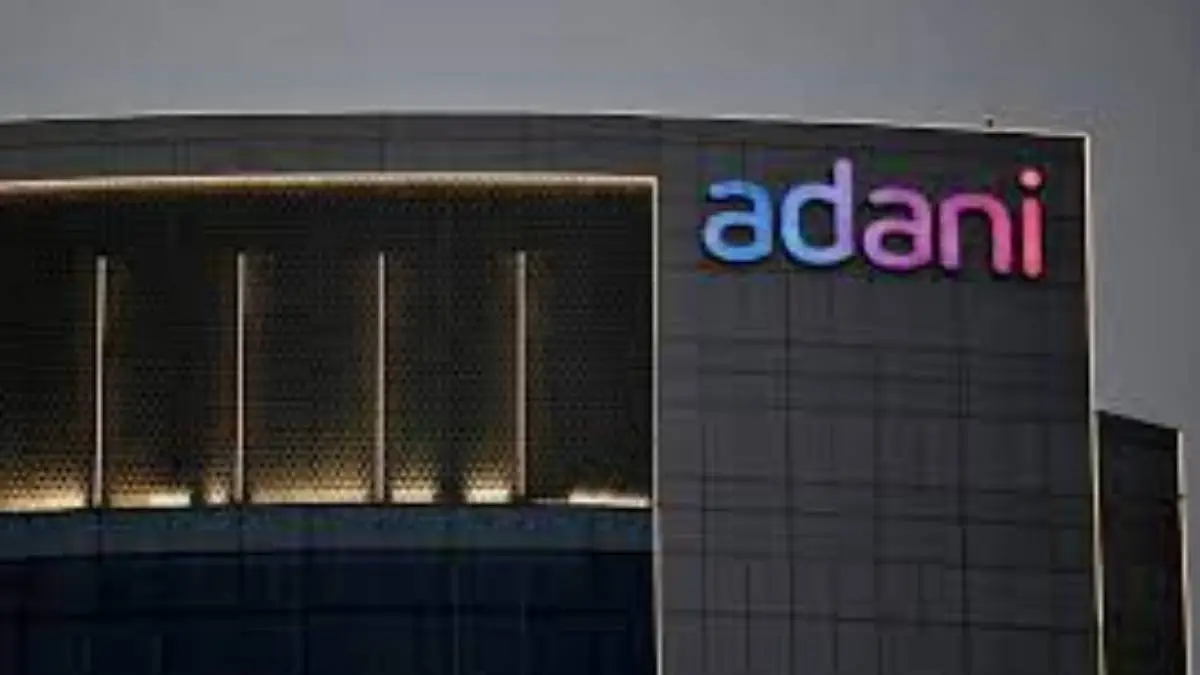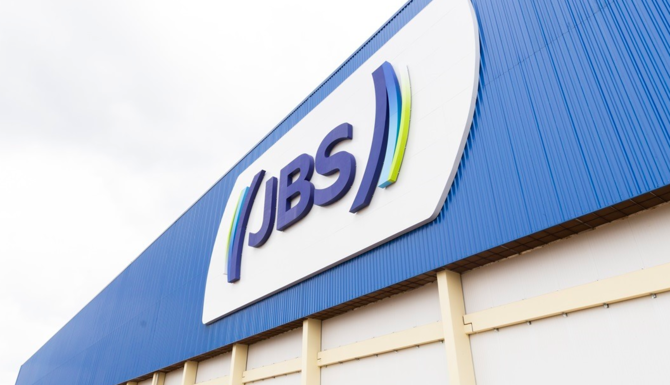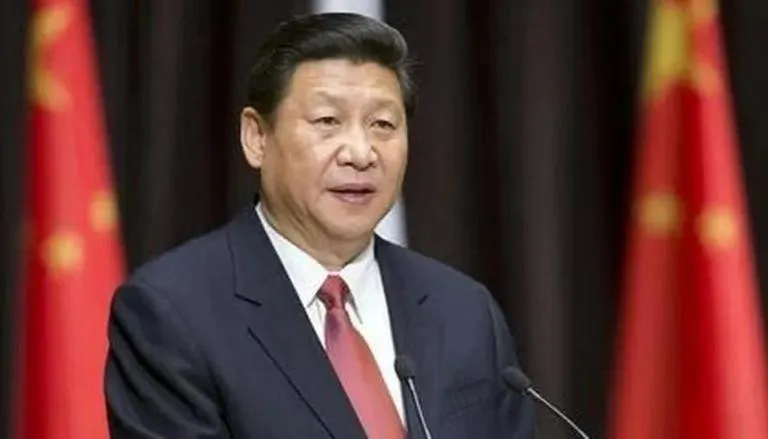Adani Enterprises has established a Kenyan unit as it intensifies its bid to take over Jomo Kenyatta International Airport, despite ongoing opposition from transport workers.
According to a registration with the National Stock Exchange of India in Mumbai, Gautam Adani’s enormous corporate giant’s main company, “Airports Infrastructure PLC (AIP)” was formed in Kenya on August 30.
“AIP is incorporated to take over, operate, maintain, develop, design, construct, upgrade, modernise and manage the airports,” the filing reads.
The Kenyan subsidiary was established by an Abu Dhabi entity called Global Airports Operator, which is a subsidiary of Adani Enterprises and would own 100% of AIP’s share capital. As part of the Kenyan company’s establishment, Adani issued a share capital of Ksh6.75 million, divided into 6,750 shares of Ksh1,000 each.
While Adani stated that AIP has yet to begin operations or generate money, the establishment of a Kenyan airport subsidiary demonstrates its continuous commitment to the JKIA takeover, even as domestic opposition to the plan develops.
Kenya Airports Authority staff went on strike at JKIA on Monday to oppose Adani’s proposal to take over the airport, citing concerns over job security.
Adani filed a privately initiated proposal (PIP) with the Kenya Airports Authority (KAA) earlier this year to run JKIA on a 30-year concession. Adani’s financial plan indicates that $750 million will be spent on the construction of a new terminal building, related apron and taxiway system, and two quick departure taxiways. This is expected to be completed in 2029.
A further $92 million would be spent on improving the taxiway system, adding two more rapid exit taxiways, and building other relevant amenities such as more remote aircraft parking stands.
This phase is projected to be completed by 2035. Adan plans to invest $620 million in new facilities, with careful consideration for seamless integration with current infrastructure.
The Indian corporation proposes a city-side development with hospitality, business hubs, and other amenities for travellers and city inhabitants.
The corporation plans to manage the airport for 30 years before returning it to JKIA at a mutually agreed-upon value, resulting in an 18% internal rate of return on equity.IRR is a financial research statistic that estimates the profitability of possible investments. An investment with the highest likely IRR is deemed the best.
During the 30 years, Adani will be able to set dollar-denominated prices to airlines and other customers for its services at JKIA in a way that ensures an 18% IRR. Adani predicts that the JKIA upgrade will increase revenues from $163 million in 2025 ($47 million to the government) to $290 million in 2030, with the government receiving $52 million.
Revenue is projected to increase to $740 million in 2045, with the government contributing $70 million. By 2054, it will reach $1.2 billion, earning the state $76 million. JKIA’s existing Terminal 1 is divided into five segments with a total built-up area of approximately 70,000 square metres. The airport also features another 10,000-square-metre terminal, T2, for low-cost carriers.
Projections in the Adani proposals show that JKIA will handle 33 million people and one million tonnes of cargo by 2055, up from roughly eight million passengers and 0.5 million tonnes of cargo at the end of 2023.


 Metro2 days ago
Metro2 days ago
 Musings From Abroad2 days ago
Musings From Abroad2 days ago
 Sports2 days ago
Sports2 days ago
 Politics1 day ago
Politics1 day ago



























